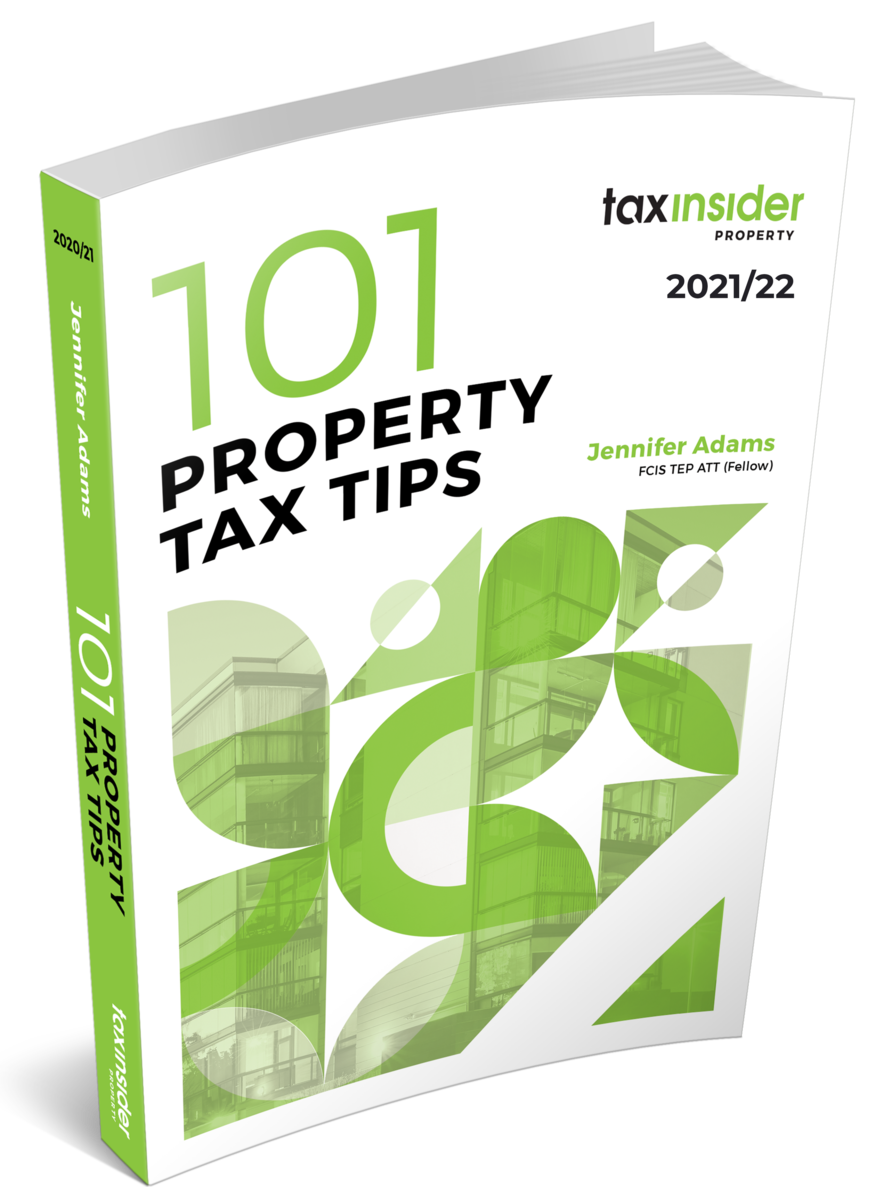James Bailey considers when a benefit is a ‘trivial’ benefit.
Several years ago, HMRC were made to look particularly ridiculous for their attitude to a bowl of 10p coins. They have had to soften their attitude to ‘trivial’ employee benefits over the years, and from 5 April this year, there will be a statutory exemption for such benefits.
The tale of a coffee machine
Once upon a time there was an employer who had a coffee machine in his premises for the employees to use. Apparently it could not be set to ‘free vend’ and so he placed a bowl of 10p pieces beside the machine so that employees wanting a hot drink could use one to operate the machine. HMRC decided he had to operate PAYE on 10p each time an employee had a drink, because the 10p was a cash payment rather than a way of giving free coffee to the employees (which would not itself be taxable).
Technically, HMRC were correct (and still would be if this system were used today) but the bad publicity from this and other similar incidents led to a more liberal policy on ‘trivial’ benefits provided to employees, provided these benefits were not in the form of cash or vouchers that could be exchanged for cash.
What is ‘trivial’?
As an informal arrangement, the problem was defining what constitutes a ‘trivial’ benefit, and this could lead to arguments with the more mean-spirited type of tax inspector.
The guidance in HMRC’s Employment Income manual was rather woolly, though it did establish one important point clearly – the question of whether a benefit is ‘trivial’ is to be decided on the cost per employee, not the total cost to the employer. In other words, if a benefit is ‘trivial’ for a single employee, it is ‘trivial’ for 100 employees.
HMRC’s guidance gives examples of benefits they agree are ‘trivial’, such as:
- a bunch of flowers, as long as it is given on a specific event such as the birth of a child or marriage;
- a turkey, an ‘ordinary’ bottle of wine, or a box of chocolates at Christmas; or
- seasonal flu jabs (but not, for some reason, jabs against bird flu or other pandemic diseases).
In the past, I have successfully argued that a modest sandwich lunch for the directors of a company every month or so was ‘trivial’, but there was always the nuisance and the risk that you would come up against a ‘hard-liner’ in HMRC, and the cost of arguing triviality could easily outrun the tax cost of giving in!
Trivial benefits exemption
However, from 5 April 2015, (and it is to be hoped this will not be spoiled by the coming general election delaying the full version of the 2015 Finance Act) legislation has been announced that will provide a simple definition of a ‘trivial’ benefit, which will be a benefit costing no more than £50 per employee, always providing the benefit is not cash or a cash voucher.
There is no limit to the number of ‘trivial’ benefits, each under £50, which an employee can receive in the year, but HMRC can be expected to take an interest if these start to replace taxable salary.
This is one of several reforms to the taxation of employment income being introduced over the next couple of years, and is the brainchild of the ‘Office of Tax Simplification’ – it is good to see some of their ideas being put into effect at last. Other changes in the pipeline include getting rid of the need for ‘dispensations’ to avoid reporting reimbursed business expenses, and operating PAYE on taxable benefits rather than reporting them each year on a form P11D.
Practical Tip:
Remember the £50 limit applies to benefits provided after 5 April 2015 – under the current regime, HMRC would never accept a cost of £50 as ‘trivial’!
James Bailey considers when a benefit is a ‘trivial’ benefit.
Several years ago, HMRC were made to look particularly ridiculous for their attitude to a bowl of 10p coins. They have had to soften their attitude to ‘trivial’ employee benefits over the years, and from 5 April this year, there will be a statutory exemption for such benefits.
The tale of a coffee machine
Once upon a time there was an employer who had a coffee machine in his premises for the employees to use. Apparently it could not be set to ‘free vend’ and so he placed a bowl of 10p pieces beside the machine so that employees wanting a hot drink could use one to operate the machine. HMRC decided he had to operate PAYE on 10p each time an employee had a drink, because the 10p was a cash payment rather than a way of giving free coffee to the employees (which would not itself be taxable).
... Shared from Tax Insider: Better Than Nothing! Tax Exemption For Trivial Benefits




